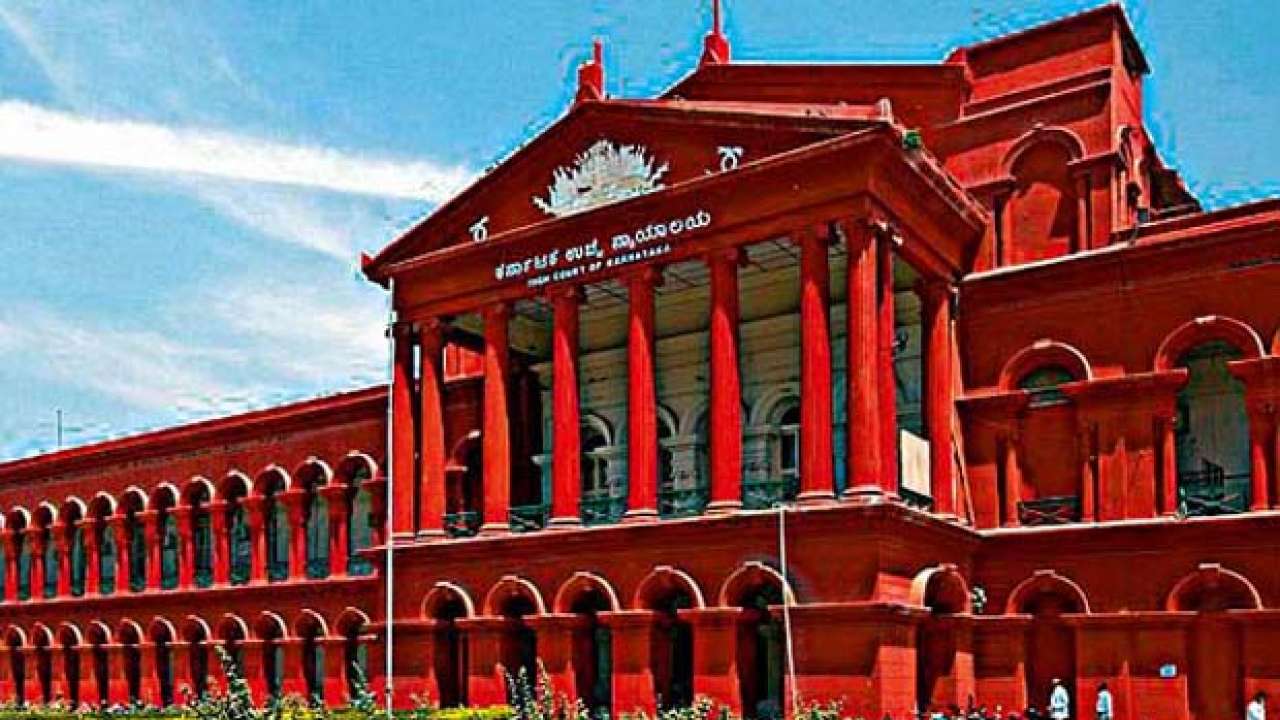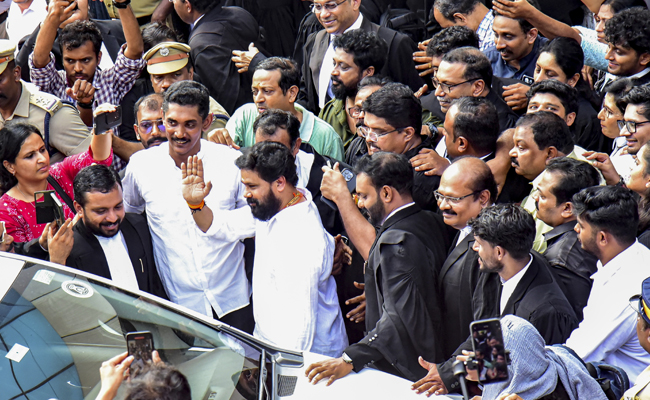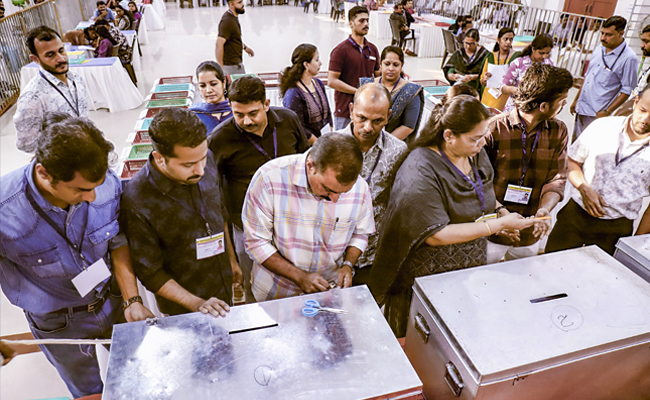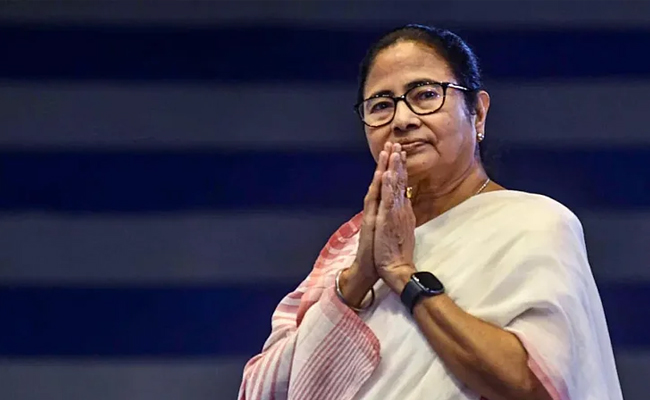Bengaluru, Sep 3: The Karnataka High Court on Saturday quashed a note issued by the Karnataka Examinations Authority (KEA) by which second year pre-university exam marks of students from the 2020-21 batch was not considered for rankings in entrance to professional courses.
For students of 2021-22 batch, the usual 50 per cent Common Entrance Test marks and 50 per cent second year PU marks were considered. But for students of the 2020-21 batch, only the CET test marks was considered as per this note.
The KEA's rationale for not considering second year PU exam marks of 2020-21 students was that they were promoted based on internal marks as exams were hampered during the COVID-19 pandemic.
The single-judge bench of Justice S R Krishna Kumar quashed the July 30 note of the KEA and directed it to redo the entire rank list after considering 50 per cent PUC marks and 50 percent CET marks of all students.
The court, quashing the note said, considering PU second year marks as 'nil' "would lead to and result in absurd consequences which cannot be countenanced in the facts and circumstances of the instant case."
The KEA note was found illegal on several counts. The provision made for CET ranking in 2020-21 cannot be extended to 2021-22, the court said.
The court also said the July 30 note is contrary to the KEA's own bulletin. The "impugned note is contrary to the principles of legitimate expectation and promissory estoppel and the same deserves to be quashed," the court said.
The court, during an earlier hearing, had suggested a compromise formula where 75 per cent CET marks and 25 percent second year PU marks would be used to compute the CET rankings. The KEA, though, was not open to such a compromise.
On Saturday, the court upheld the petition by scores of students in 10 different petitions and quashed the KEA's note. Now, the entire CET ranking for entrance to professional courses has to be redone on the 50-50 formula.
This year, there were around 24,000 students from the 2020-21 batch who were relating their appearance for the CET exams. These students who passed PUC in 2020-21, writing the CET in 2022, approached the High Court.
"The non-consideration of qualifying marks of repeater students while determining the merit/rank in KCET, 2022 is violative of the CET-2006 Admission rules and has an effect of deterioration of ranks thereby causing grave injustice as it is prejudicial, unfair, inequitable and against the principles of natural justice," the petitioners had claimed.
Advocate Shathabish Shivanna, who fought the case on behalf of the students, said more than 24,000 students would benefit from the judgement.
Let the Truth be known. If you read VB and like VB, please be a VB Supporter and Help us deliver the Truth to one and all.
Kochi (PTI): The prosecution had "miserably" failed to prove the conspiracy charge against Dileep in the sensational 2017 actress sexual assault case, a local court has observed while citing inconsistencies and lack of sufficient evidence against the Malayalam star.
The full judgement of Ernakulam District and Principal Sessions Court Judge Honey M Varghese was released late on Friday, and has revealed the judge also pointing out at unsustainable arguments put forth by the prosecution.
"The prosecution miserably failed to prove the conspiracy between accused No.1 (Pulsar Suni) and accused No.8 (Dileep) in executing the offence against the victim," the court held.
It examined in detail, the prosecution's allegation that Dileep had hired the prime accused to sexually assault the survivor and record visuals, including close-up footage of a gold ring she was wearing, to establish her identity.
On page 1130 of the judgment, under paragraph 703, the court framed the issue as whether the prosecution's contention that NS Sunil (Pulsar Suni) recorded visuals of the gold ring worn by the victim at the time of the occurrence, so as to clearly disclose her identity, was sustainable.
The prosecution contended Dileep and Suni had planned the recording so that the actress' identity would be unmistakable, with the video of the gold ring intended to convince Dileep that the visuals were genuine.
However, the court noted that this contention was not stated in the first charge sheet and was introduced only in the second one.
As part of this claim, a gold ring was seized after the victim produced it before the police.
The court observed that multiple statements of the victim were recorded from February 18, 2017, following the incident, and that she first raised allegations against Dileep only on June 3, 2017.
Even on that day, nothing was mentioned about filming of the ring as claimed by the prosecution, the court said.
The prosecution failed to explain why the victim did not disclose this fact at the earliest available opportunities.
It further noted that although the victim had viewed the sexual assault visuals twice, she did not mention any specific recording of the gold ring on those occasions, which remained unexplained.
The court also examined the approvers' statements.
One approver told the magistrate that Dileep had instructed Pulsar Suni to record the victim's wedding ring.
The court observed that no such wedding ring was available with her at that time.
During the trial, the approver changed his version, the court said.
The Special Public Prosecutor put a leading question to the approver on whether Dileep had instructed the recording of the ring, after which he deposed that the instruction was to record it to prove the victim's identity.
The court observed that the approver changed his account to corroborate the victim's evidence.
When the same question was put to another approver, he repeated the claim during the trial but admitted he had never stated this fact before the investigating officer.
The court noted that the second approver even went to the extent of claiming Dileep had instructed the execution of the crime as the victim's engagement was over.
This showed that the evidence of the second approver regarding the shooting of the ring was untrue, as her engagement had taken place after the crime.
The court further observed that the visuals themselves clearly revealed the victim's identity and that there was no need to capture images of the ring to establish identity.
In paragraph 887, the court examined the alleged motive behind the crime and noted that in the first charge sheet, the prosecution had claimed that accused persons 1 to 6 had kidnapped the victim with the common intention of capturing nude visuals to extort money by threatening to circulate them and there was no mention about Dileep's role in it.
The court also rejected the prosecution's claim that the accused had been planning the assault on Dileep's instructions since 2013, noting that the allegation was not supported by reliable evidence.
It similarly ruled out the claim that Suni attempted to sexually assault the victim in Goa in January 2017, stating that witness statements showed no such misconduct when he served as the driver of the vehicle used by the actress there.
The court also discussed various controversies that followed Dileep's arrest and the evidence relied upon by the prosecution, ultimately finding that the case had not been proved.
Pronouning its verdict on the sensational case on December 8, the court acquitted Dileep and three others.
Later, the court sentenced six accused, including the prime accused Suni, to 20 years' rigorous imprisonment.
The assault on the multilingual actress, after the accused allegedly forced their way into her car and held it under their control for two hours on February 17, 2017, had shocked Kerala.
Pulsar Suni sexually assaulted the actress and video recorded the act with the help of the other convicted persons in the moving car.





